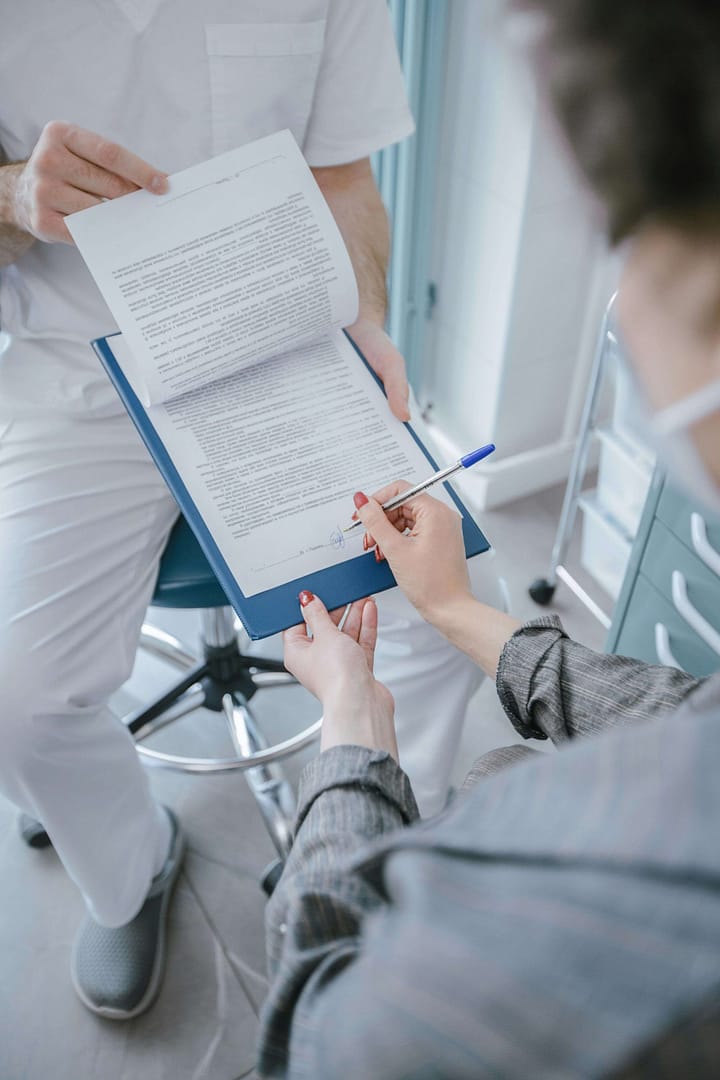A brain injury can be a life-altering event. While the initial impact might be the most concerning, secondary conditions arising from the trauma can pose significant challenges in the long term. Understanding these potential complications is crucial for both the injured individual and their loved ones.
The Domino Effect: How Brain Injuries Lead to Secondary Conditions
The human brain is a complex and interconnected organ. When it sustains an injury, the damage can have a ripple effect, impacting various functions and systems. Disrupted communication between brain regions can lead to a cascade of secondary conditions affecting physical, cognitive, and emotional well-being.
Physical Complications
Seizures:
Brain injuries can disrupt electrical activity in the brain, increasing the risk of seizures. These episodes can range from mild muscle twitches to full-blown convulsions, requiring ongoing medication or surgery for management.
Movement Disorders:
Difficulty with movement and coordination is a common secondary condition. This can manifest as weakness, paralysis, tremors, or spasticity (muscle stiffness and tightness). Rehabilitation can help regain lost abilities and manage these challenges.
Speech and Language Problems:
Brain injury can affect the areas responsible for communication, leading to aphasia (difficulty speaking or understanding language). Speech therapy can significantly improve communication skills.
Sleep Issues:
Disrupted sleep patterns are a frequent occurrence after a brain injury. Insomnia, difficulty falling asleep, and excessive daytime sleepiness can significantly impact energy levels and overall health.
The Invisible Struggles: Cognitive and Emotional Challenges
Beyond physical limitations, brain injuries can lead to significant cognitive and emotional challenges.
- Cognitive Impairment: Memory problems, difficulty concentrating, slowed thinking, and impaired judgment are common. These can make it challenging to return to work, manage daily tasks, and maintain independence.
- Emotional Changes: Depression, anxiety, and personality changes are frequent secondary conditions. These can significantly impact relationships, self-esteem, and overall quality of life.
The Importance of Early Intervention and Rehabilitation
The good news is that with early intervention and a comprehensive rehabilitation program, many secondary conditions can be managed effectively. Rehabilitation can involve a combination of physical, occupational, speech, and cognitive therapies, tailored to address the specific challenges faced by the individual.
Early intervention is crucial for maximizing recovery potential. If you have sustained a brain injury, seeking medical attention promptly and initiating a rehabilitation program as soon as possible is vital.
Receive a Call About Your Claim
Making a Medical Negligence Claim After a Brain Injury
A brain injury can be devastating, and the impact often goes beyond the initial trauma. Secondary conditions arising from medical negligence can significantly complicate your recovery and long-term well-being. National Claims understands the complexities of brain injuries and the additional challenges caused by medical errors. We can help you navigate the claims process.
Free Consultation and “No Win, No Fee” Policy
National Claims understands that financial concerns should not prevent you from seeking justice. That’s why we offer a free consultation where you can discuss your case in detail and learn about your options. We operate on a “No Win, No Fee” basis, meaning you won’t pay any upfront fees. Our fees are only contingent on a successful outcome, allowing you to focus on your recovery without financial stress.
National Claims stands by your side throughout this challenging time. Contact us today for a free consultation and let us help you fight for the compensation you deserve to manage your secondary conditions and rebuild your life after a brain injury caused by medical negligence.
*Customers pay up to 25% (incl. VAT) of the amount recovered towards solicitor costs and if you cancel outside your cooling off period, you may be charged a fee.
Conclusion
Living with a brain injury can be daunting, but you don’t have to face the challenges alone. By understanding the potential secondary conditions and seeking early intervention, you can empower yourself to manage your recovery and regain control of your life.
If your brain injury resulted from someone else’s negligence, National Claims can be your strong advocate. we’ll fight to ensure you receive the compensation you deserve to address your secondary conditions and rebuild your future. Contact National Claims today for a free consultation and take the first step towards a brighter tomorrow, we will connect you with a solicitor from our panel who will be able to assist you with your case.
Contact us today to speak to one of our claims agents who will be able to help you get started on your claim.
Click below to see why we are one of the most trusted claims management companies in the UK.

We’re proud of our excellent customer reviews
We thrive on delivering exceptional service and ensuring our clients’ satisfaction. Don’t just take our word for it. Check out some of our independent reviews to see what our clients have to say.
Excellent

This firm is excellent, they sorted out my car pay out and injury claim very fast, they always communicate with you all the time.

My accident case was dealt with confidence and with great result of the outcome, especially James kept me informed all the time.

I was very impressed at the way my inquiry was treated. I was listened to attentively and everything I needed to know was explained to me.






